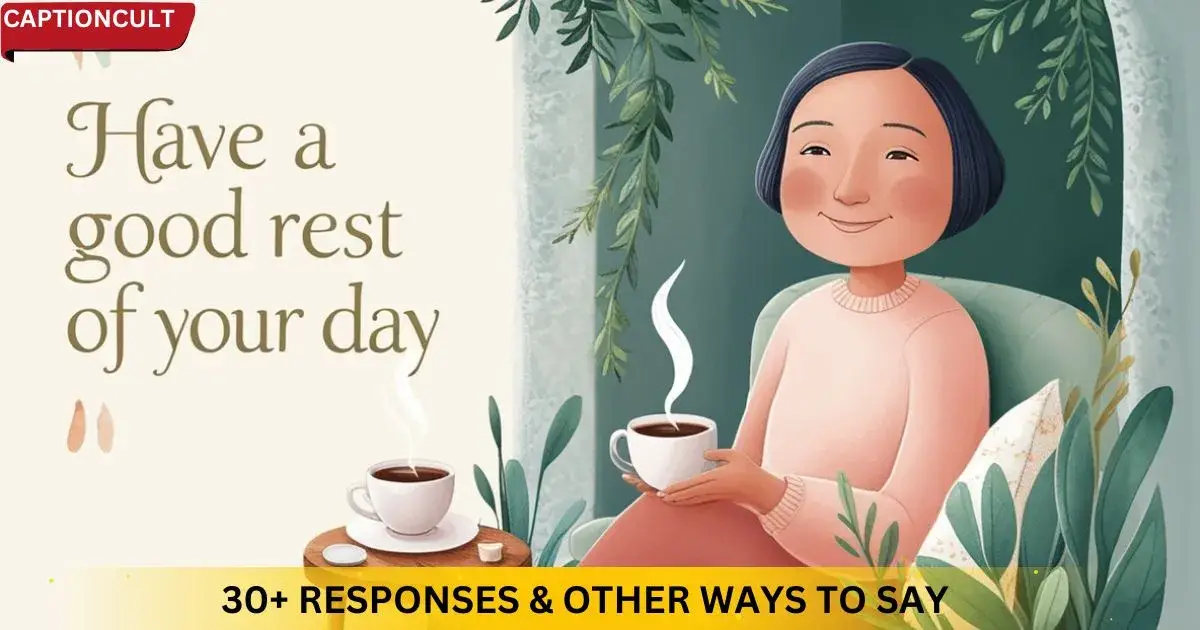The seemingly simple phrase, “Have a good rest of your day,” holds more weight than it initially appears. It’s a common sign-off, a polite gesture of goodwill, and a subtle indicator of how we choose to end interactions. Whether you’re concluding a business meeting, finishing a casual chat, or saying goodbye to a loved one, your response to “Have a good rest of your day” sets the tone for the remaining hours. Choosing the right reply—one that matches the context and your relationship with the speaker—shows consideration, strengthens bonds, and demonstrates social grace.
A thoughtful response can leave a lasting positive impression. Conversely, an inappropriate or dismissive reply can leave the other person feeling undervalued or even annoyed. This article explores a wide range of responses, from formal to informal, witty to heartfelt, offering guidance on how to respond effectively in diverse scenarios. We’ll explore how to handle situations with finesse, leaving you feeling confident in your conversational skills.
Responding to “Have a Good Rest of Your Day” – A Comprehensive Guide
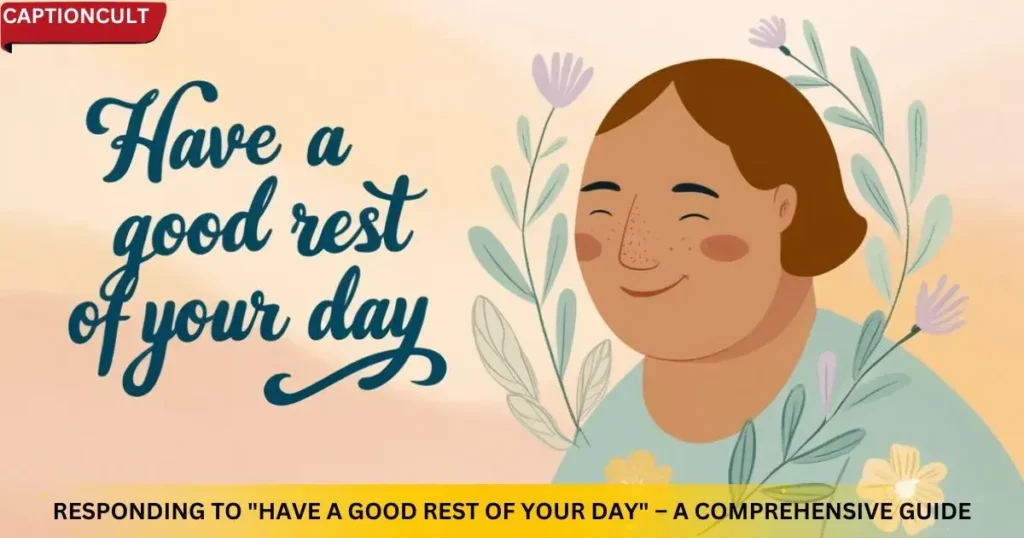
Here are over 40 well-crafted replies for various situations, aiming to help you navigate different social contexts effortlessly. Each response is followed by a brief explanation to enhance your understanding and application. Remember, the best response depends heavily on your relationship with the speaker and the situation.
Formal and Professional Responses:
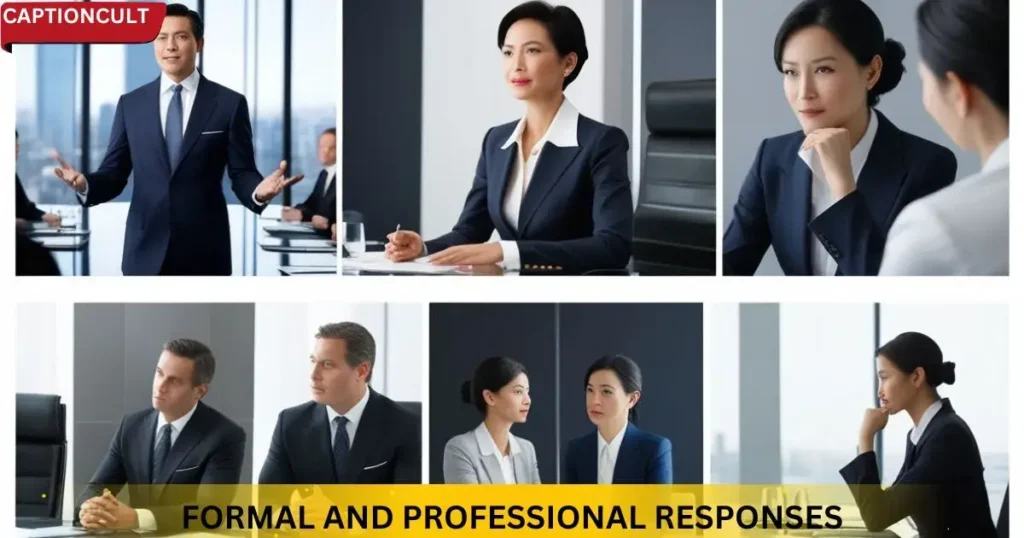
- “Thank you, you too.” (Classic and universally appropriate)
- “Likewise. Have a productive afternoon.” (More specific, works well for professional settings)
- “Appreciate that. Have a successful rest of your day.” (Professional and polite)
- “Thank you, I appreciate that. I will.” (Shows you acknowledge the sentiment and intention)
- “The same to you. I hope your remaining meetings are productive.” (Contextual, shows awareness of their day)
- “I hope you have a good rest of your day as well.” (Simple and direct, suitable for all contexts)
- “Thank you! I wish you the same.” (Warm and friendly, while remaining professional)
- “Thank you, I will endeavor to do so.” (Slightly more formal, suitable for very professional environments)
- “Thank you. I hope you have a good rest of your day too.” (A variation with a slight emphasis on reciprocity)
- “I hope you have a great rest of your day.” (Slightly more enthusiastic than “good”)
Informal and Casual Responses:
- “You too!” (Short, sweet, and perfect for close friends or family)
- “Thanks! Same to you.” (Slightly more detailed but still casual)
- “Thanks, you as well!” (Similar to the previous response, offering a friendly reciprocal sentiment)
- “Right back at ya!” (Informal, friendly and playful, suitable for close friends)
- “Appreciate it! Hope your evening is fantastic.” (Adding a specific wish for the evening)
- “Thanks! Enjoy the rest of your day.” (Simple and positive)
- “Thanks! Make it a good one!” (Short and motivational)
- “Thanks! Hope you have a good rest of your day!” (Echoing their sentiment with enthusiasm)
- “Thanks! I’m looking forward to [mention something you’re looking forward to].” (Adds a personal touch, showing engagement)
- “Cheers! Same to you.” (More informal, often used in British English)
Witty and Playful Responses:
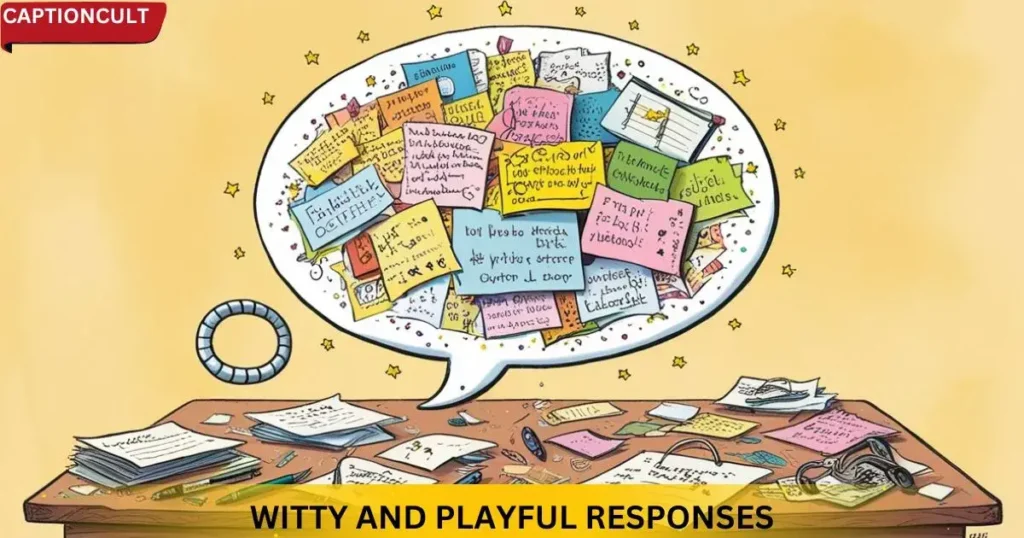
- “Only if you promise to do the same!” (Teasing and friendly)
- “I’ll try my best! You too, of course.” (Lighthearted and self-deprecating)
- “Challenge accepted!” (Playful and enthusiastic)
- “Deal! But I’m hoping for a better one than yours.” (Slightly teasing, depending on context)
- “Wouldn’t miss it for the world! Hope yours is even better.” (Flirtatious and playful, use cautiously depending on the context)
- “I’ll do my best to have a great one! Same to you!” (A slightly more emphatic and positive response)
- “Sounds like a plan! Thanks for the well wishes, I’ll be sure to do the same for you!” (A more emphatic and engaging reply)
- “Thanks! I’m already planning it. You too!” (Shows enthusiasm and playful anticipation)
Heartfelt and Thoughtful Responses:
- “Thank you, that means a lot.” (Shows genuine appreciation)
- “That’s kind of you, thank you. You too!” (Expressing gratitude and reciprocating the sentiment)
- “Thank you. I hope your evening is filled with peace and joy.” (More profound and suitable for close relationships)
- “I appreciate that. May the rest of your day be blessed.” (More spiritual and meaningful)
- “Thank you, that’s very thoughtful. You too, and may your evening bring relaxation.” (Expressing gratitude and good wishes)
- “I really appreciate you saying that. I wish you all the best for the rest of your day” (Emphasises gratitude and wishes well)
Responses Incorporating Specific Time Frames:
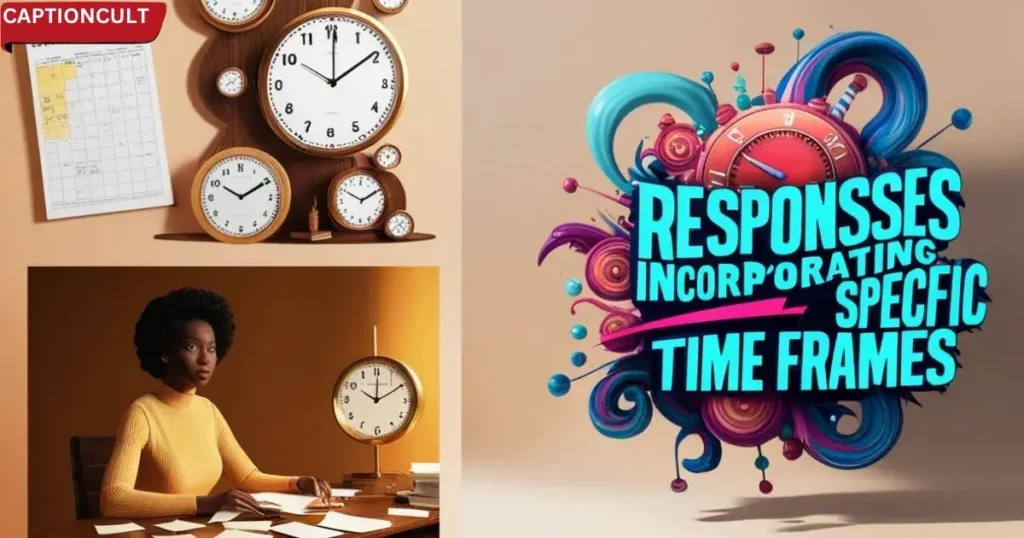
- “Thank you! Hope you have a wonderful evening.” (Suitable for late afternoon/early evening)
- “Thanks! Enjoy the rest of your afternoon.” (More specific for midday onwards)
- “Thank you! Have a relaxing evening.” (Suitable for concluding a day’s work)
- “Thank you! Hope you have a good rest of your day; I’m looking forward to the weekend!” (Shows excitement about the future)
- “Thanks! I hope your evening is filled with wonderful things.” (Adds a layer of personal connection)
- “Thank you, and I hope you have a great rest of your day and a peaceful night’s sleep.” (Extended well-wishes)
Additional Tips and Considerations
- Context is Key: The appropriateness of a response depends entirely on your relationship with the other person and the setting. A witty reply is perfect for a close friend but might be inappropriate for a formal business meeting. Remember to always tailor your response to the situation.
- Sincerity Matters: Even a simple “Thank you, you too” can be powerful when delivered with genuine sincerity. Your tone and body language communicate as much as your words.
- Avoid Negativity: Refrain from responding with complaints or negativity, even if you’re having a tough day. Maintain a positive and courteous demeanor.
- Embrace the Opportunity: Responding to “Have a good rest of your day” is a chance to leave a positive lasting impression.
Frequently Asked Questions (FAQ)
Q: Is it okay to use these replies in professional settings?
A: Yes, many of the replies listed are perfectly suitable for professional settings. However, avoid excessively informal or witty responses in formal business contexts. Stick to polite and professional replies for colleagues, clients, and superiors.
Q: What should I do if I feel genuinely hurt by an insult?
A: If you feel genuinely hurt, don’t feel obligated to respond with a witty or polite comeback. It’s perfectly acceptable to simply acknowledge the comment with a brief, neutral response, such as, “Okay,” or “I understand.” Later, you can process your feelings and decide whether to address the situation directly with the person who insulted you.
Q: How do I say “Have a good rest of your day” in Spanish?
A: There isn’t a single perfect translation, as the best option depends on the time of day and level of formality. However, some suitable options include:
- “Que tengas un buen resto del día” (Formal)
- “Que tengas un buen día” (More general, covers the whole day)
- “Que pases un buen resto de la tarde/noche” (Specifies afternoon or evening)
Conclusion: The Art of Meaningful Farewells
This extensive guide should provide you with the tools to respond effectively to “Have a good rest of your day” in various scenarios. Remember to be mindful of your audience and the situation and choose a response that feels genuine and appropriate. Mastering this simple social exchange enhances your communication skills and strengthens relationships. Always strive to end your interactions with positivity and goodwill. Therefore, remember to wish others “Have a good rest of your day” frequently, and enjoy the positive interactions it fosters.
Use variations like, “I hope you have a great rest of your day!”, “Have a nice rest of your day“, “I hope you have a good rest of your day“, and “Have a wonderful rest of your day” to add diversity to your vocabulary and show genuine care. Remember the importance of conveying your well wishes with sincerity and enthusiasm. So, whether you opt for a formal, informal, witty, or heartfelt response, ensure it reflects your genuine feelings and contributes positively to the exchange.
Mastering the art of responding well to “Have a good rest of your day” allows you to conclude your interactions gracefully, leaving a lasting positive impression on others. Ultimately, the goal is to leave people feeling appreciated and valued. The simple act of wishing someone a have a good rest of your day meaning, and responding positively, is a significant element of effective and positive human interaction. These interactions can make a difference to their overall experience.

This is a passionate author whose work explores the power of language and storytelling. With a keen eye for detail and a commitment to excellence, Julian believes that every word has the potential to create meaning and beauty. “Where Words Find Perfection” is a reflection of his dedication to crafting narratives that resonate deeply with readers.

